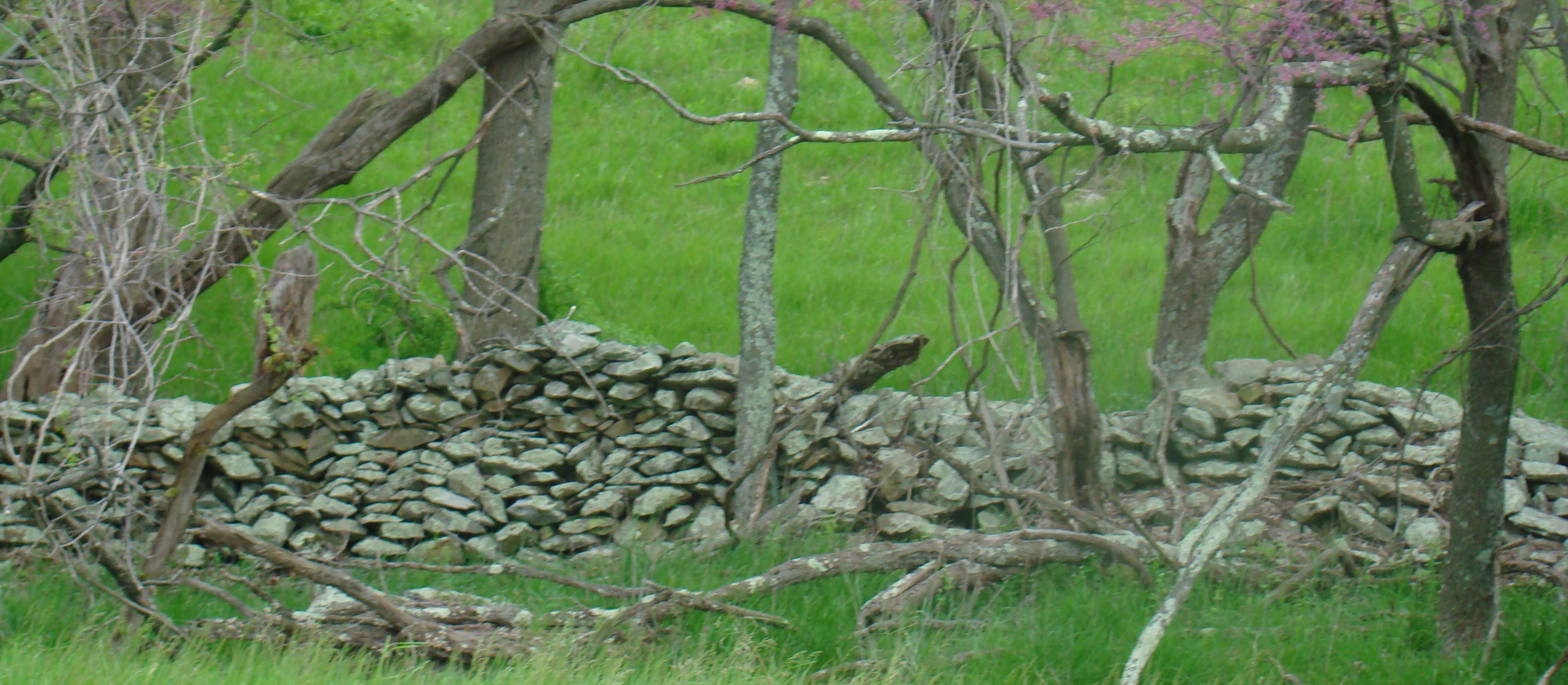

Channing Fragments (2009)
for
soprano and eight instruments
by
Robert Morris
Program Notes
If William Ellery Channing, the younger, is not a great poet, he is remarkable. Friend to Emerson, Alcott, and Hawthorne, and especially with Thoreau, Channing was among the inner circle of American Transcendentalists of the 19th-century. His poetry is so radical it was completely misunderstood by his contemporaries and summarily dismissed as trivial and incompetent by literary critics, although Emerson showed some appreciation: “We have already expressed our faith in Mr. Channing's genius, which in some of the finest and rarest traits of the poet is without a rival in this country.”
Channing was a “nature poet,” influenced by William Wordsworth in prosody and diction. Yet his poems are hardly touched by the philosophical idealism that undergirds the poetry of Wordsworth and Coleridge. In fact, some of his poems are almost completely without theme or subject, treating the phenomenology of perception (of natural settings) in accord with—but without the concision of—Japanese haiku or ‘Tang dynasty Chinese poems.
Having set Chinese and Japanese poems in translation, and also Wordsworth, I was immediately attracted to Channing’s poetry when I began to read him in 2006. Upon being asked to compose a work for the Brave New Works ensemble, I decided to set lines from three of Channing’s shorter poems.
I conceive of this piece as leisurely musical walk in the woods, stopping now and then to read some poetry. Thus, the soprano doesn’t sing “songs” in my piece, but now and then joins the ensemble with lines from Channing to comment, as it were, on the musical scene as it has evolved and continues to flow on.
The musical material for the work is based a 400-note cycle that is repeated 7 times. Each member of the ensemble extracts notes from this cycle for it to play or sing based on its own unique harmonic and melodic vocabulary.